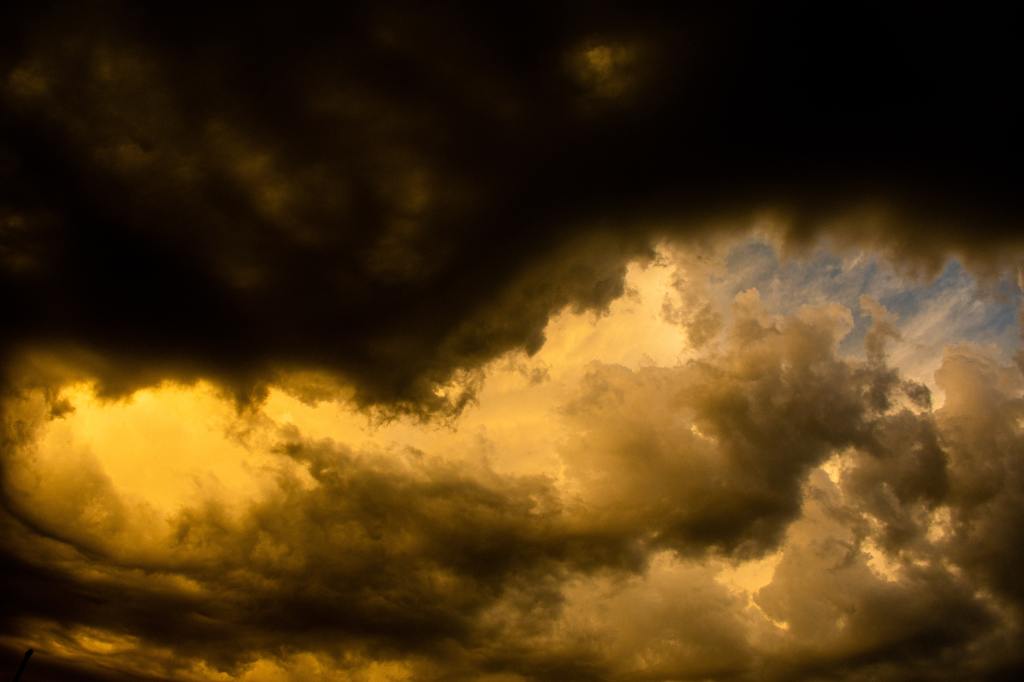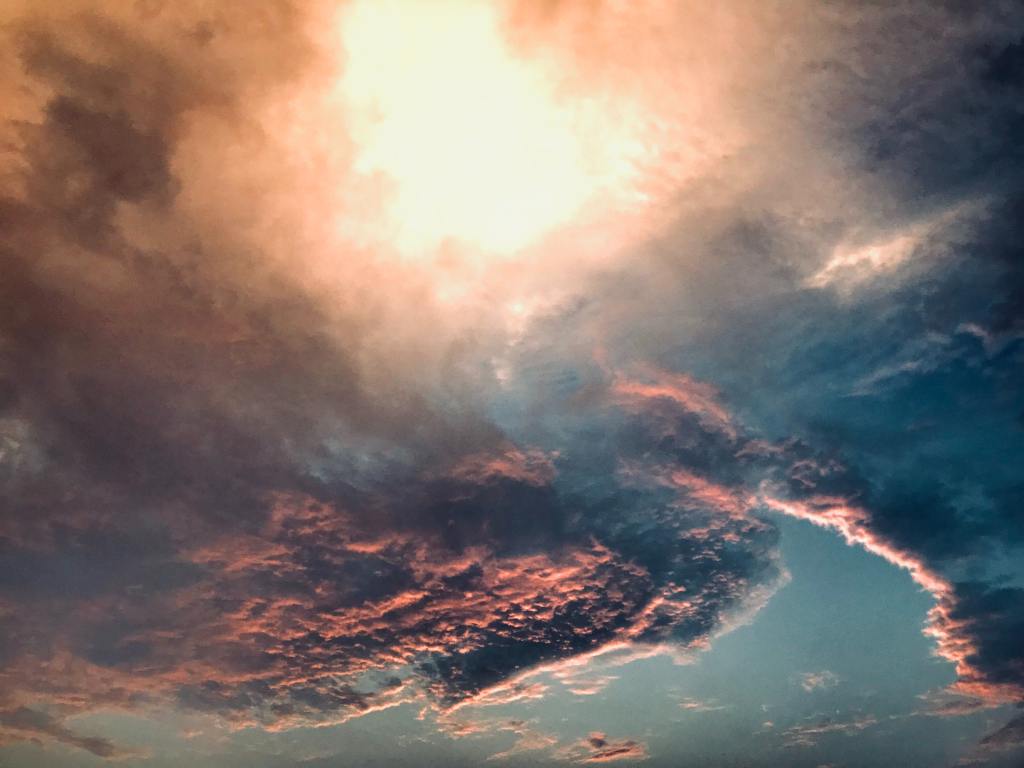
This friend of mine – I will call him Paul – falls asleep during all the movies I recommend. All of them.
After hearing Paul´s deep breathing, and after digging my elbows into his ribs for the umpteenth time, I asked him why he didn’t like the movie we were watching. The movie was Mudbound. He said:
There’s no action.
I can’t force him to see (or like) what I see (and like). I can only try to understand why he can neither see nor like it.
I quickly realize that Paul and I have differing notions of what constitutes action. I’m more interested in what I will call internal (or psychological) action, that is, in the emotional forces that drive the characters to behave as they do. He, Paul, is more interested in external action; in the deeds the characters perform. Paul is looking for deeds, for peaks, conflicts, bullets, in sum, for the real, hands-on obstacles that a protagonist overcomes.
Mudbound, the movie he couldn´t keep his eyes open through, is strong on the internal action scale. As far as the external action goes, however, and despite the potentially epic dimensions of the themes the movie uncovers (poverty, racism, war, faith, the harsh reality of the American dream, for more detail feel free to google), Mudbound is not an action-packed film which rapidly unfolds in any way.

No one has a monopoly on your interest
A person´s interest is steered by the questions the text/film/etc encourages you to ask. If you feel you have no questions to ask, your interest dies. We could argue about which questions you’re asking, why you are(n’t) asking these types of questions, but at the end of the day, no one has a monopoly on your interest, and you are free to decide what is ‘good’ according to your own terms.
Mudbound is a movie that requires empathy. I realize that this friend, Paul, a white male, well off beyond any personal merit, feels no empathy because he has never been or needed to imagine himself in the shoes of a poor sharecropper, let alone a black sharecropper, or someone whose soul is damaged by war. Am I entitled to judge him for this?
I ask myself:
Is it simply him? Or men in general? Or white men in general? Or white people in general? Or rulers (or those who perceive themselves to be) in general???
And suddenly I see a common thread, in men, white, ruler… and I see in them: the hunter. The hunter can have no empathy with the hunted. The hunter must obliterate all empathy (if empathy is there at all…) otherwize the hunter will be unable to kill.
The hunted, on the other hand, are constantly putting themselves in the mindset of the hunter, they need to know, to anticipate and outwit the hunter, for that’s the only way they will survive.
But no one speaks of hunters anymore, do they? All the talk is about heroes. We decriminalize the concept, and (or so that?) the game goes on…

Months later, I´m still thinking about all this. My hypothesis still felt right. For a while.
Who am I to judge? What is the use of knowledge if it doesn’t transform anything, starting with yourself? Surely, the ultimate goal of any form of understanding is love. Yes, I know how corny that sounds, but love must win. Love wants to win, love will win, thus I am grateful for this internal debate for the understanding it has brought me. Yes, there is prejudice. Yes, there is ignorance. Yes, power is mightily abused. Those who are crushed may live that anger. Use that anger. Transform that anger… for nothing is gained if all we do is fall in love with anger…
Let’s not stop here, let´s not relinquish our agentivity, for we are not mudbound. We cannot neutralize negativity by directing even more negativity at it so that the strongest negativity will prevail (no matter what the warlords say).
I will take the beam out of my own eye…
and I thought I would ‘teach’ Paul something, but look how things turned out. It is (always) about the self. I was the one learning.
If knowledge does not lead to change, then we have learned nothing.
Mudbound: it’s smart and hard and leaves me thinking about forgiveness and how it is demanded of black people to constantly forgive white people for what they have done to us.
No, I´m not inclined to tone this down to cater to white fragility. If the hat fits, wear it.
What was I saying? Ah yes, forgiveness. And we do.
But remember: Ronsel’s pa, Hap, is a pastor… it is the ultimate Christian act to turn the other cheek, but listen carefully to what Hap says by the graveside of that old Klan member, Pappy McAllan. It was hardly a eulogy.
Ronsel´s Ma, Florence, is a midwife. These two professions – the pastor and the midwife – have always been essential and respected work in human society, yet in this film these qualified leaders are reduced to digging the soil… They are black.
Yeah, it’s definitely a film about give and take at so many levels.
And it’s a film that has you digging in your own soul like the protagonists do in the soil. What is it we are searching for anyway? For some eternal truth that God has given mankind? God: no one knows you though we have all given you a name.
And who knows if that soil will bring fruit? Maybe in your soul all there is to be found is mud?
Again, lots of Christian imagery in that film:
Darkness, light, crucifixion, father-son relationships, love thy neighbour, turn the other cheek, all equal before the eyes of God…
But the church in the film ain’t got no roof, so: religion but an empty edifice? Do you even need a special building to be a true Christian?
You can say the Bible, which, incidentally, Ronsel’s dad, Hap, only pretends to cite from – his son is still teaching him how to read – is yet another empty symbol, cos what really counts isn’t the Word but the deed… We have an embittered, old white father, Pappy McAllan, who belongs to the Klan. Killing black people is his favourite pastime. One of Pappy´s two sons, Jamie (the other one is Henry) is not only totally unlike him, but bonds with Ronsel over their wartime traumas. Jamie cannot forgive his father´s behavior and kills him in the end. What do we have here: we have a black family that not only tolerates the dehumanizing attitude of the white society, but somehow manages to turn the cheek to a white family that is Christian enough to want a holy man to preside over the funeral of its racist patriarch, Pappy McAllan. Henry McAllan acknowledges Ronsel´s dad in this capacity as a pastor, but somehow fails to see the hypocrisy of asking the black preacher to bury the racist man who was killed by his own son because the same father tried to kill the son´s black friend, who happens to be the pastor´s own son.
When Ronsel´s father, Hap, agrees to say a prayer at the funeral of this bigoted, vicious, ignorant man who has not one drop of love in his soul, it is not an act of subordination to the political and discriminatory forces of the day. Hap sees it as his Christian duty. It is not in his power to judge. We will all get what we deserve when the day comes.
The way many who object to it see it, Christianity is a religion that says yes to suffering and that’s what makes it such an excellent tool for exploitation. But of course, that´s not what it was designed for, was it? In Mudbound, as in fiction in the humanist tradition, we see human nature close up and cannot help but direct the questions we pose about such fictional characters to various aspects of our own behavior.

You choose.
You choose to see or not to see. You choose to react or not to react. To regard yourself as a victim, or to transcend victimhood. You choose to judge the other, or take a critical look at yourself, and do something to counter the thick, encrusted mud on your own feet, in your own heart, the mud which stops you from moving forward to become that better person you know you are.
Please note: this is work in progress. Pictures are placeholders and courtesy of Unsplash